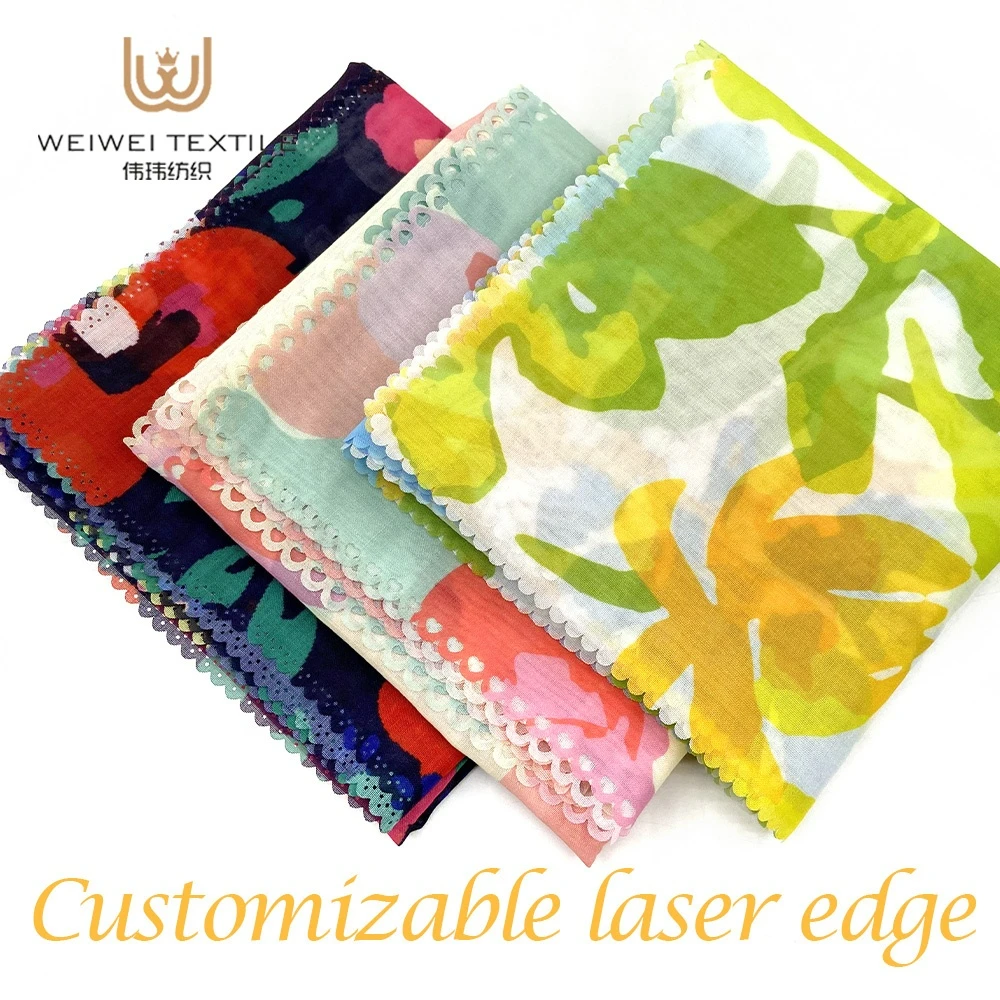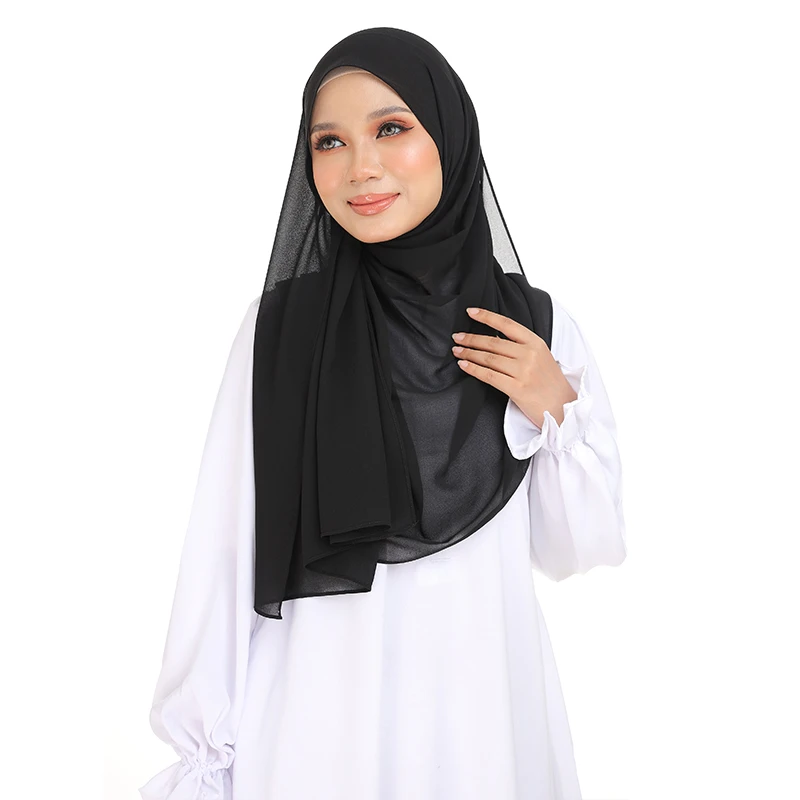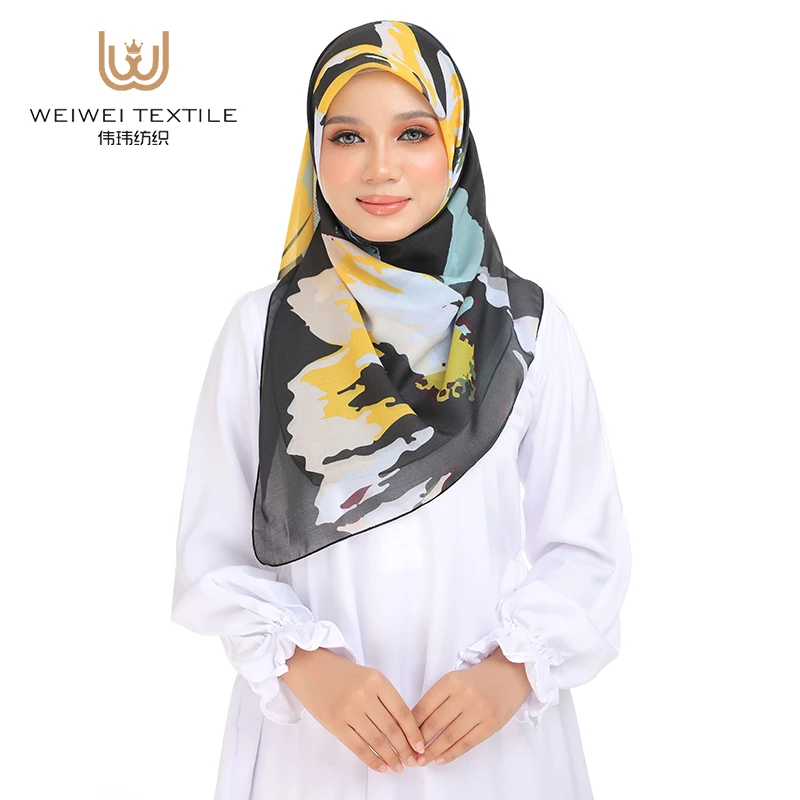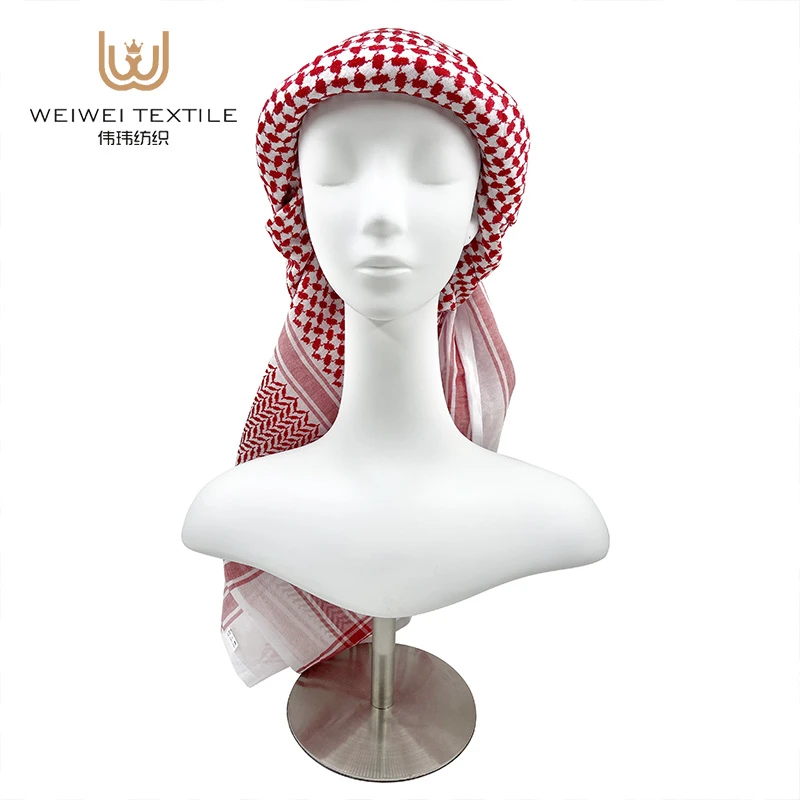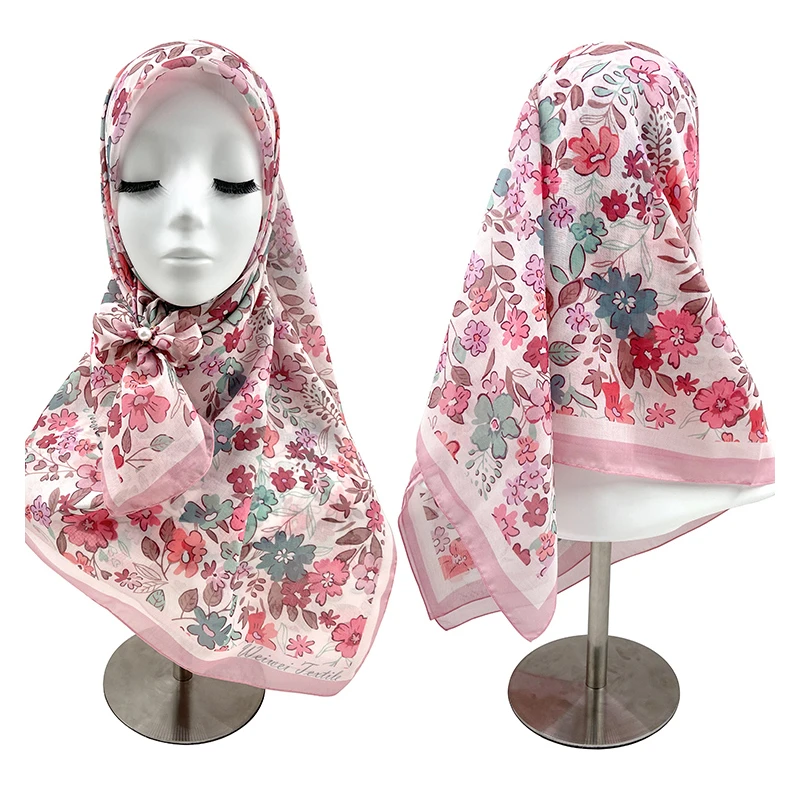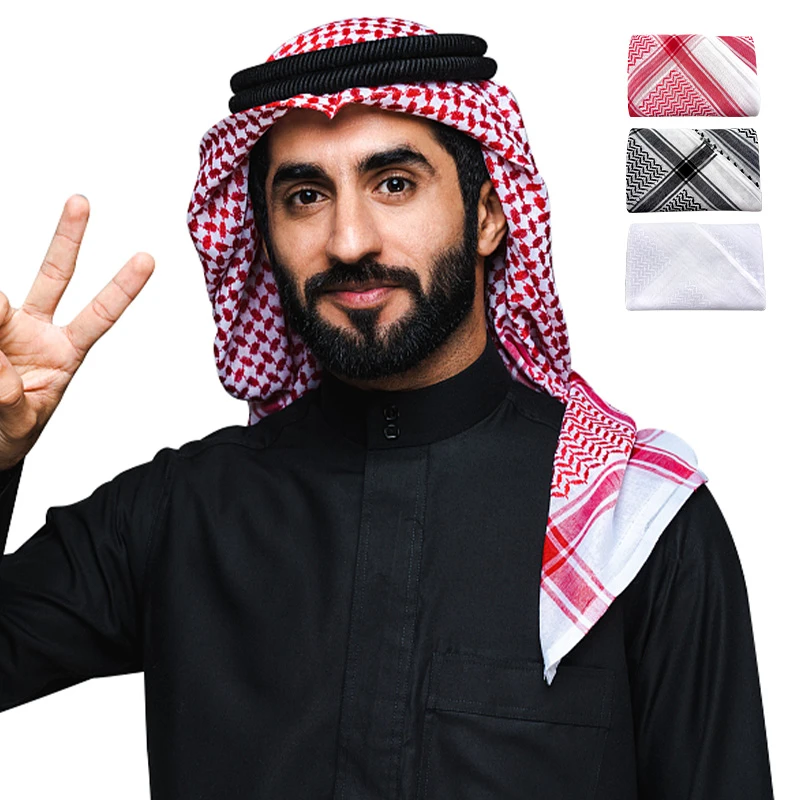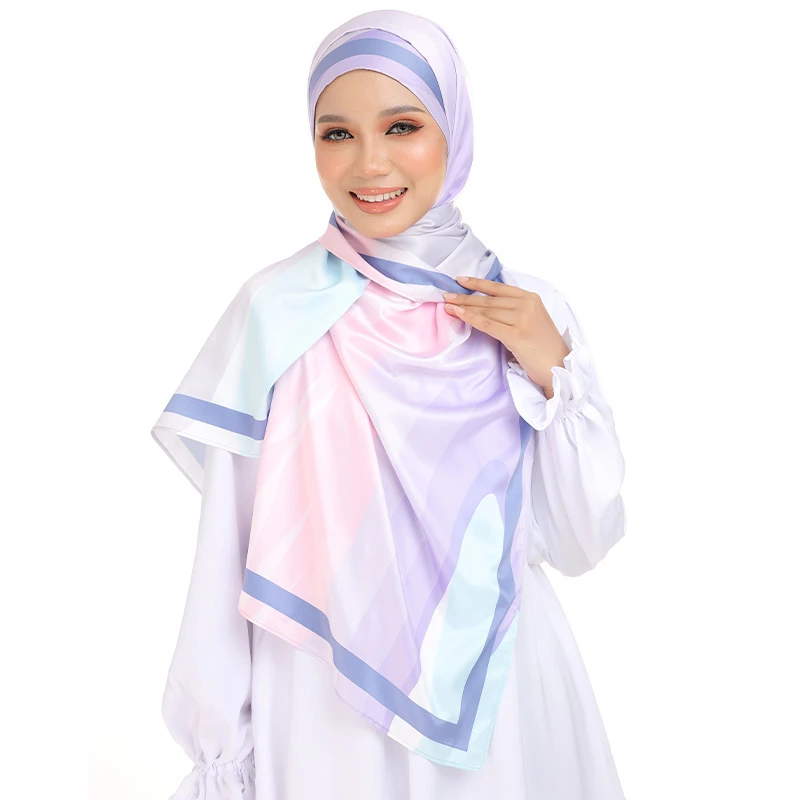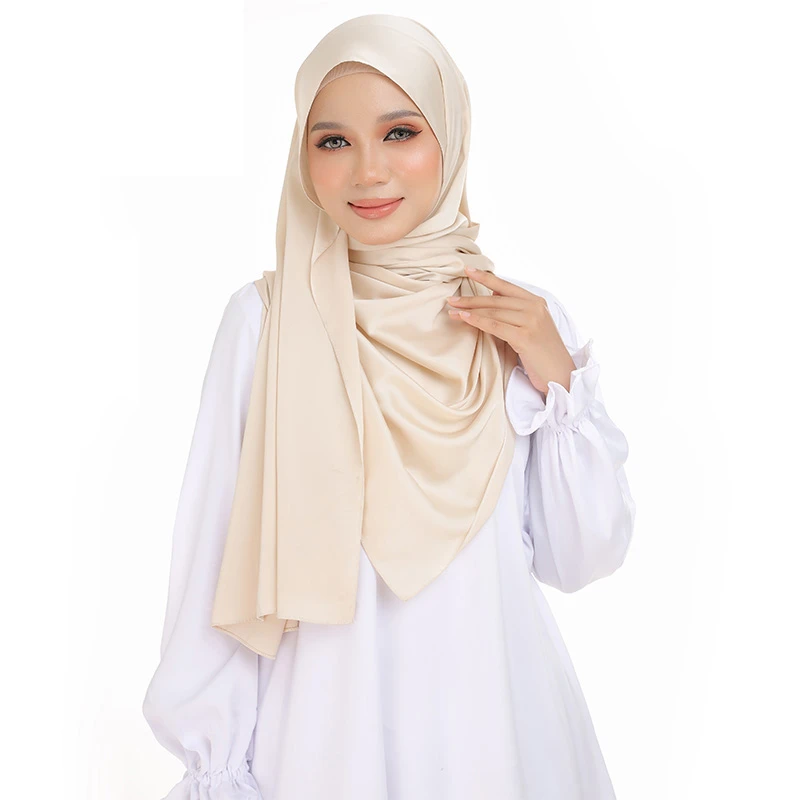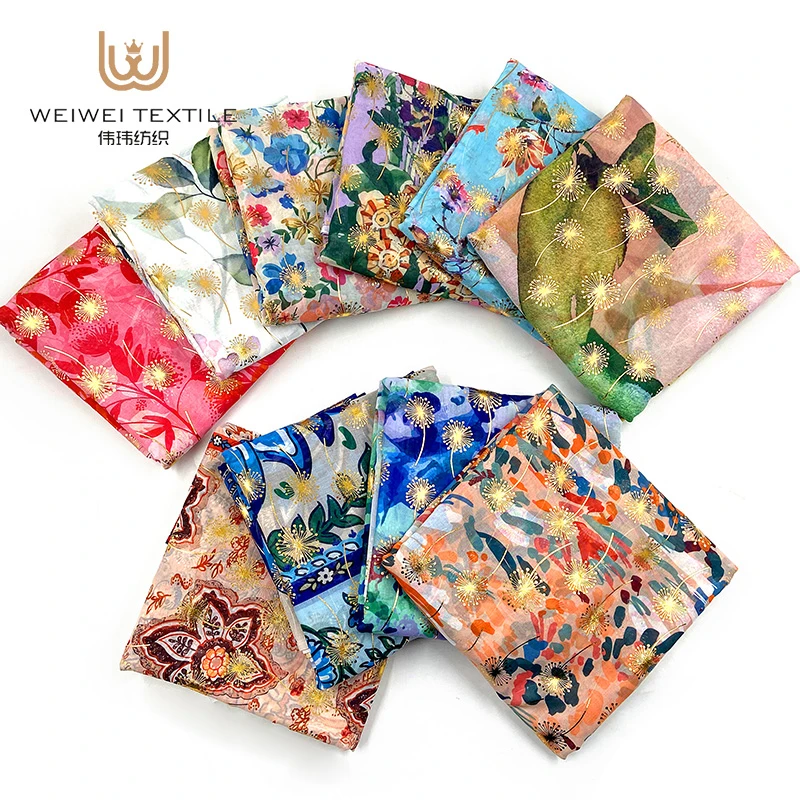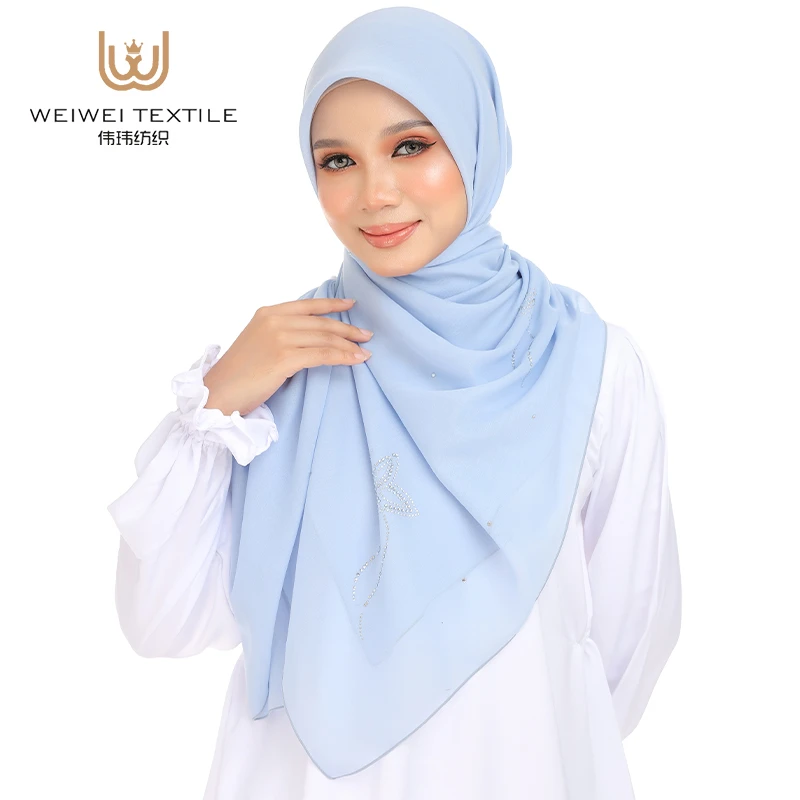Jan . 26, 2025 04:57 Back to list
shawls for women
Shawls are more than just accessories; they are an embodiment of elegance, warmth, and cultural tradition. For women around the world, a shawl often represents a versatile garment that enhances both comfort and style. Whether draped over the shoulders at a grand evening event or wrapped snugly on a chilly day, shawls serve multiple purposes while offering a touch of refinement.
For authenticity and trustworthiness, the sourcing and ethical production of shawls are gaining increasing attention. Eco-friendly and sustainable practices in shawl production not only protect the environment but also ensure fair wages and working conditions for artisans. Brands committed to transparency in their supply chains are emerging as trusted sources for consumers. Supporting these ethical practices not only enhances the appeal of shawls but also fosters a positive purchasing experience. In terms of style and integration into modern wardrobes, shawls prove to be incredibly adaptable. They can transition from day to night, from casual to formal settings, providing endless styling possibilities. For a casual day out, a lightweight cotton shawl can be paired effortlessly with jeans and a t-shirt, adding a pop of color or texture. For more formal or professional environments, a silk or embroidered woolen shawl can serve as an elegant complement to a dress or business attire, adding sophistication without overwhelming the ensemble. Furthermore, gifts of shawls carry rich connotations, embodying thoughtfulness and timelessness. Presenting a loved one with a beautifully crafted shawl is often seen as a gesture of warmth and affection, suitable for nearly any occasion from birthdays to weddings. This versatility makes shawls an excellent choice for gifts, as their universal appeal transcends borders and cultures. Incorporating shawls into one's fashion repertoire is not merely about staying warm or following trends; it is an exploration of cultural heritage, artisanship, and personal expression. Shawls bridge the gap between tradition and modernity, offering an accessory that is as meaningful as it is beautiful. In an ever-evolving fashion landscape, shawls stand out as a testament to timeless elegance and enduring utility.
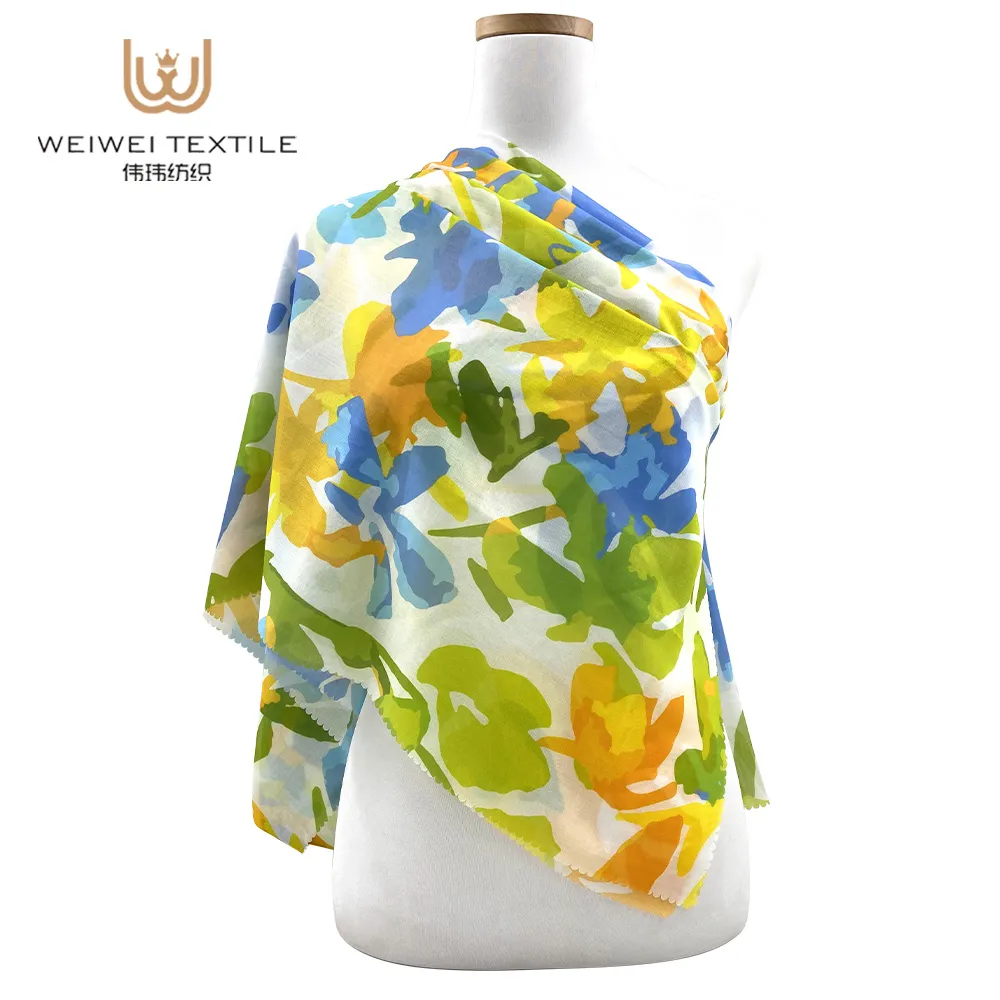
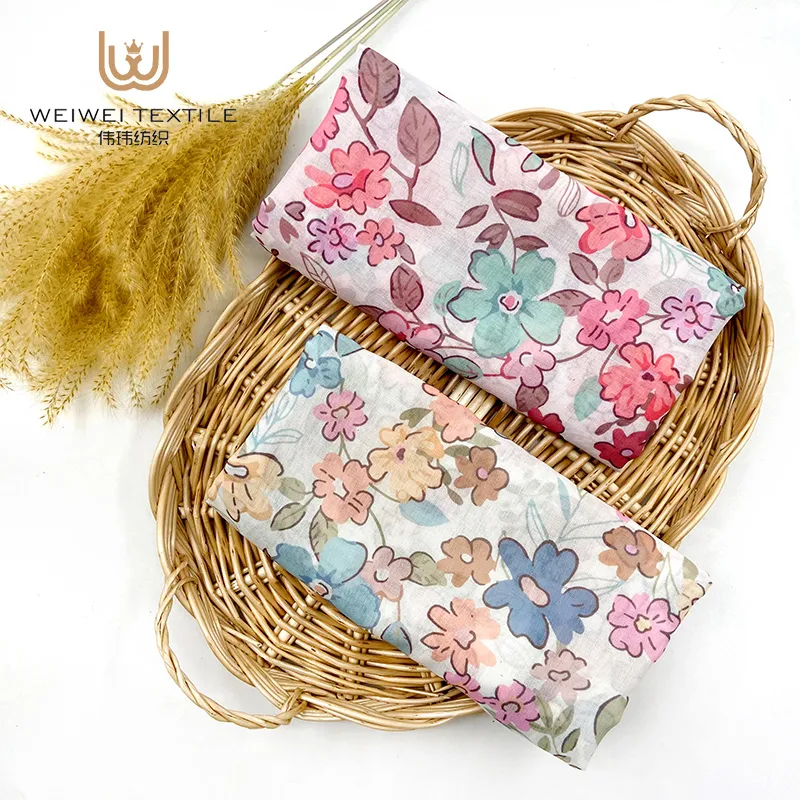
For authenticity and trustworthiness, the sourcing and ethical production of shawls are gaining increasing attention. Eco-friendly and sustainable practices in shawl production not only protect the environment but also ensure fair wages and working conditions for artisans. Brands committed to transparency in their supply chains are emerging as trusted sources for consumers. Supporting these ethical practices not only enhances the appeal of shawls but also fosters a positive purchasing experience. In terms of style and integration into modern wardrobes, shawls prove to be incredibly adaptable. They can transition from day to night, from casual to formal settings, providing endless styling possibilities. For a casual day out, a lightweight cotton shawl can be paired effortlessly with jeans and a t-shirt, adding a pop of color or texture. For more formal or professional environments, a silk or embroidered woolen shawl can serve as an elegant complement to a dress or business attire, adding sophistication without overwhelming the ensemble. Furthermore, gifts of shawls carry rich connotations, embodying thoughtfulness and timelessness. Presenting a loved one with a beautifully crafted shawl is often seen as a gesture of warmth and affection, suitable for nearly any occasion from birthdays to weddings. This versatility makes shawls an excellent choice for gifts, as their universal appeal transcends borders and cultures. Incorporating shawls into one's fashion repertoire is not merely about staying warm or following trends; it is an exploration of cultural heritage, artisanship, and personal expression. Shawls bridge the gap between tradition and modernity, offering an accessory that is as meaningful as it is beautiful. In an ever-evolving fashion landscape, shawls stand out as a testament to timeless elegance and enduring utility.
Perv:
Next:
Latest News
-
Traditional Tudung Designs in Malaysia
NewsJul.25,2025
-
The Spiritual Significance of Satin in Muslim Attire
NewsJul.25,2025
-
The Right Way to Wear Arab Scarves for Muslim Women
NewsJul.25,2025
-
Zikr Bead-Infused Cotton Voile for Continuous Remembrance
NewsJul.11,2025
-
The Cultural Significance of Tudung in Malaysia
NewsJul.11,2025
-
Satin Hijabs as an Expression of Faith in Daily Life
NewsJul.11,2025




